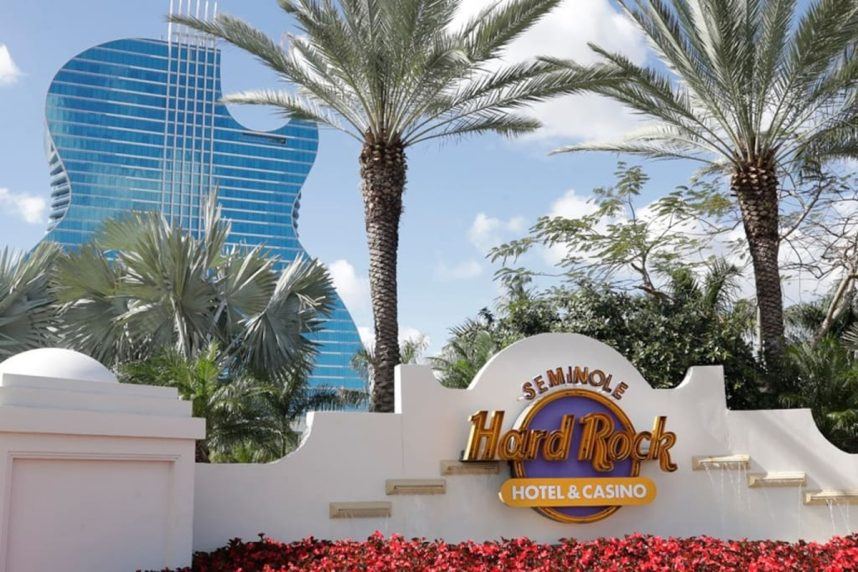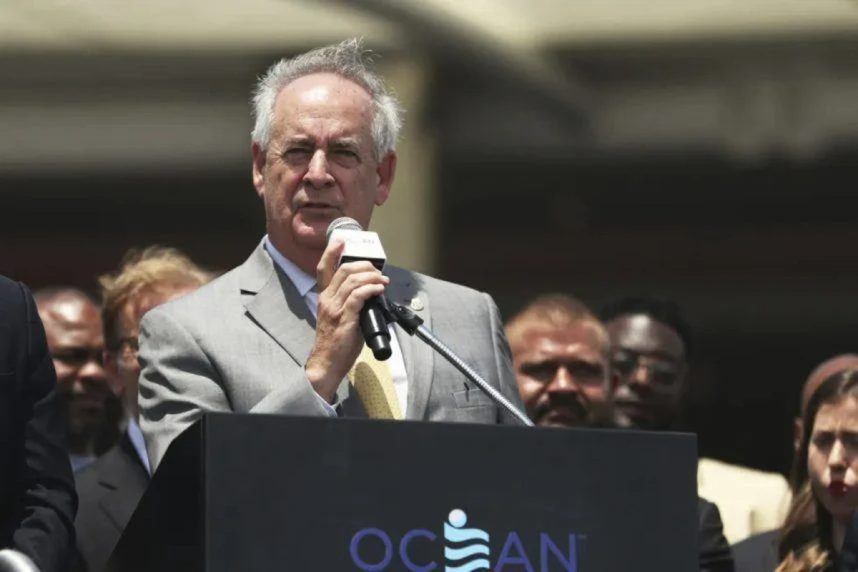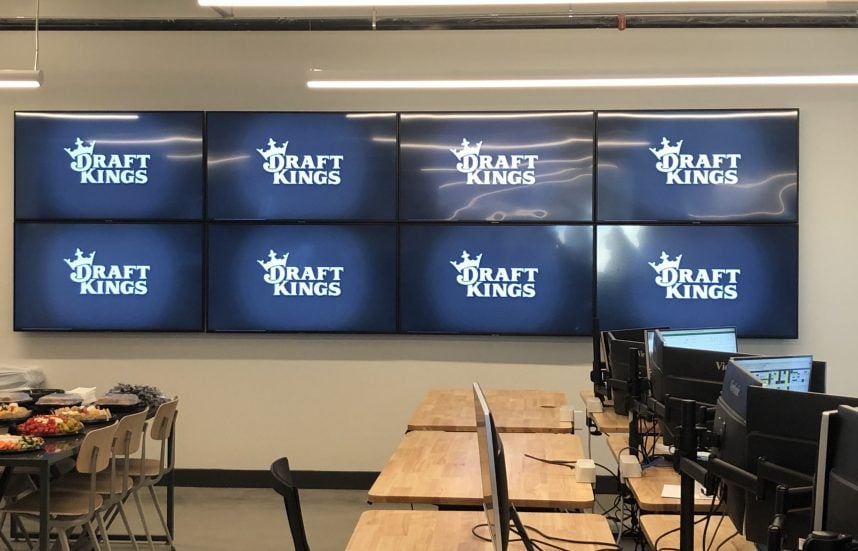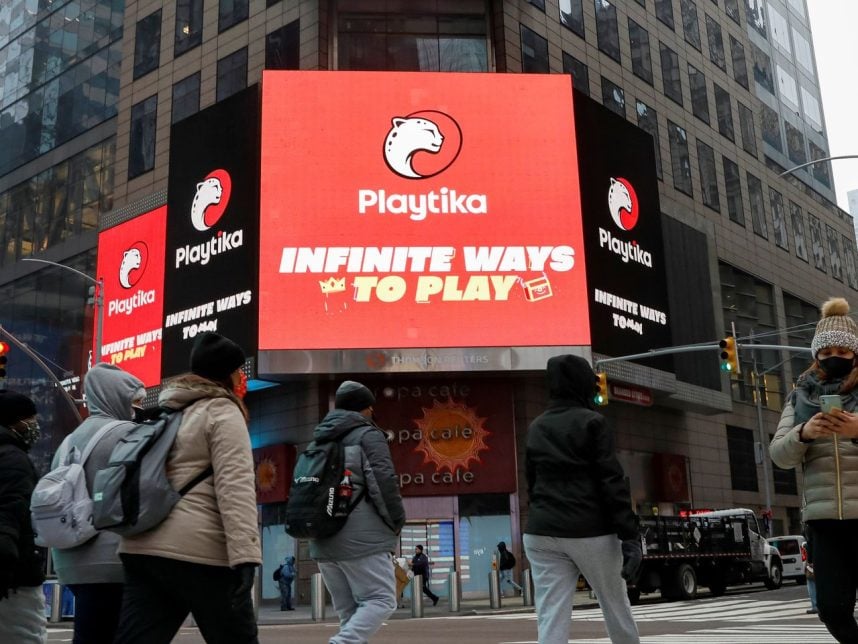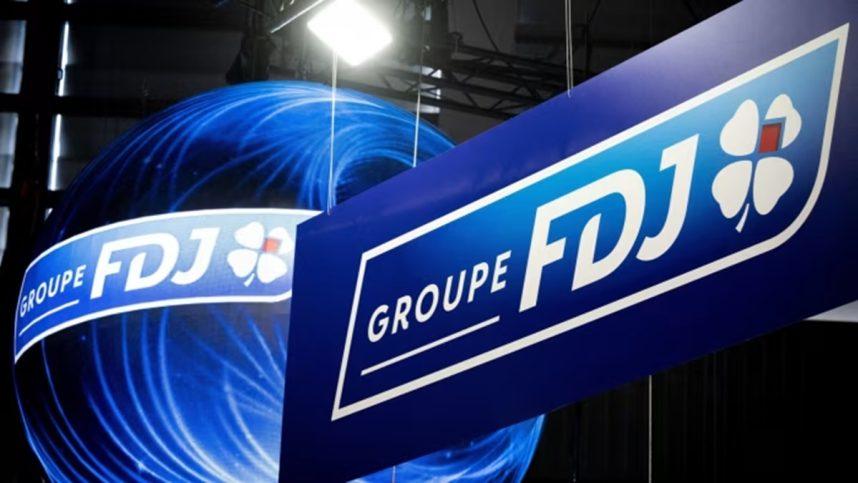Wynn Resorts (NASDAQ: WYNN) confirmed it has been granted the first commercial casino license in the history of the United Arab Emirates (UAE) and the Middle East at large, paving the way for Wynn Al Marjan Island to include a gaming venue.

The Las Vegas-based gaming company made the announcement late Friday, noting the General Commercial Gaming Regulatory Authority (GCGRA), the UAE’s first gaming regulatory agency, approved a commercial gaming facility operator permit. The GCGRA, which was formed last year, hasn’t issued a statement regarding the Wynn approval, but the casino operator said it won the license after a “diligent and extensive review” by the regulatory body.
Wynn Resorts thanks the GCGRA for the confidence and trust the license grant signifies and is proud to be the recipient of the first commercial gaming facility license in the UAE,”
Located in Ras Al Khaimah, the $3.9 billion Wynn Al Marjan Island has been under construction for several months and is expected to open in early 2027. Development of the property is a partnership between the gaming company and RAK Hospitality Holding.
Wynn UAE Casino Could Reshape Gaming Industry
For decades, regulated gaming has been off limits in the Middle East, but recent developments indicated the UAE could break that thaw. Those include the formation of the GCGRA in 2023 and the July approval of a lottery license for an Abu Dhabi-based company.
Though its financial obligations for the project are less than $1 billion, Wynn rolled the dice on the UAE development by not knowing whether or not a casino license would ultimately be granted. Taking that risk was validated.
Over the long-term, it could prove to be a prescient move by Wynn because some analysts believe, at maturity, the UAE casino market could generate as much as $5 billion in annual gross gaming revenue (GGR). The emirates are attractive to gaming companies due to vast amount of oil wealth, the soaring number of high-net-worth residents, and the UAE’s status as one of the region’s prime tourist spots.
Additionally, viable global growth outlets are hard to come by in the gaming industry. For example, Macau appears unlikely to add more licensees and the Singapore duopoly is locked up close to another 30 years.
Wynn Will Soon Provide UAE Casino Update
Investors could soon gain more insight about Wynn’s UAE casino project because the company is holding an event for analysts and institutional investors on Tuesday, Oct. 8 at its namesake integrated resort on the Las Vegas Strip.
“Craig Billings, Chief Executive Officer, along with other members of the Wynn Resorts global leadership team will deliver presentations, including on the resort’s expected financial performance. The Analyst & Investor Update Meeting will commence at 11:30 a.m. Pacific Time and conclude at approximately 2:30 p.m. Pacific Time,” according to a statement from the gaming company.
When that invitation-only event was announced, analysts speculated it was a sign Wynn would be approved for a casino license in the UAE.
The post Wynn Resorts Lands UAE’s First Casino License appeared first on Casino.org.
